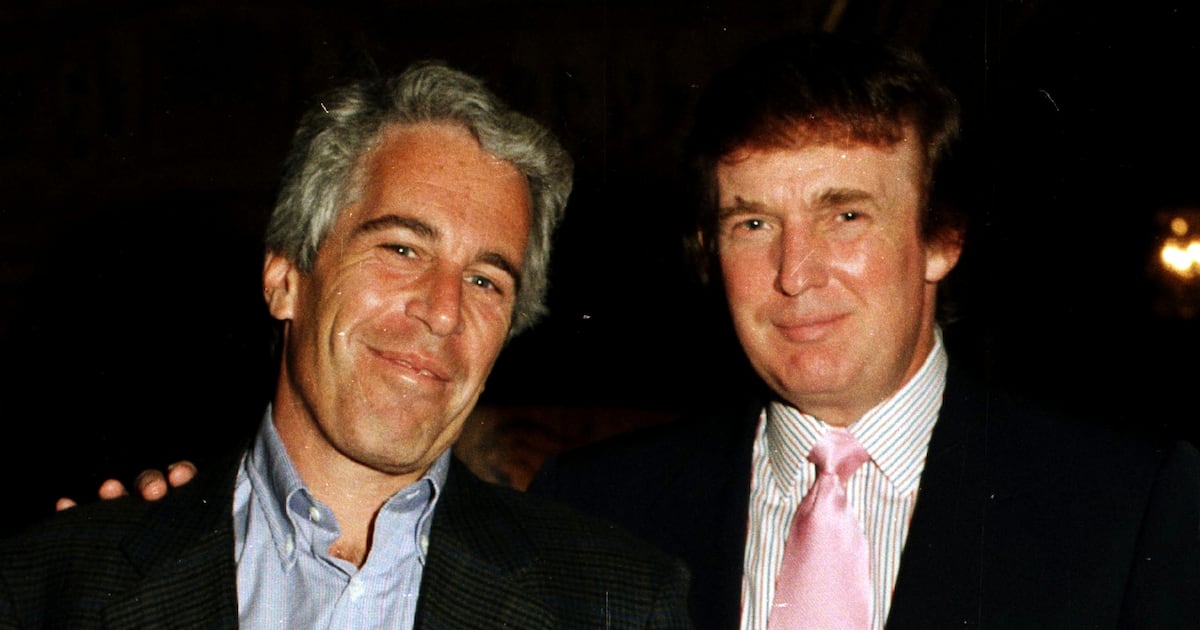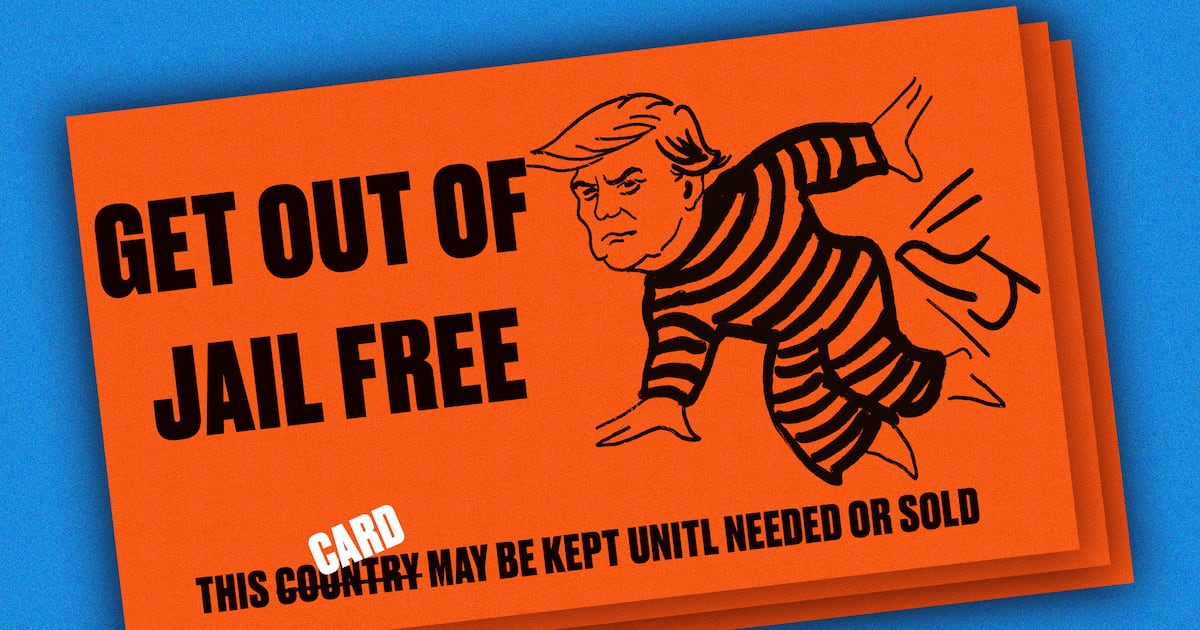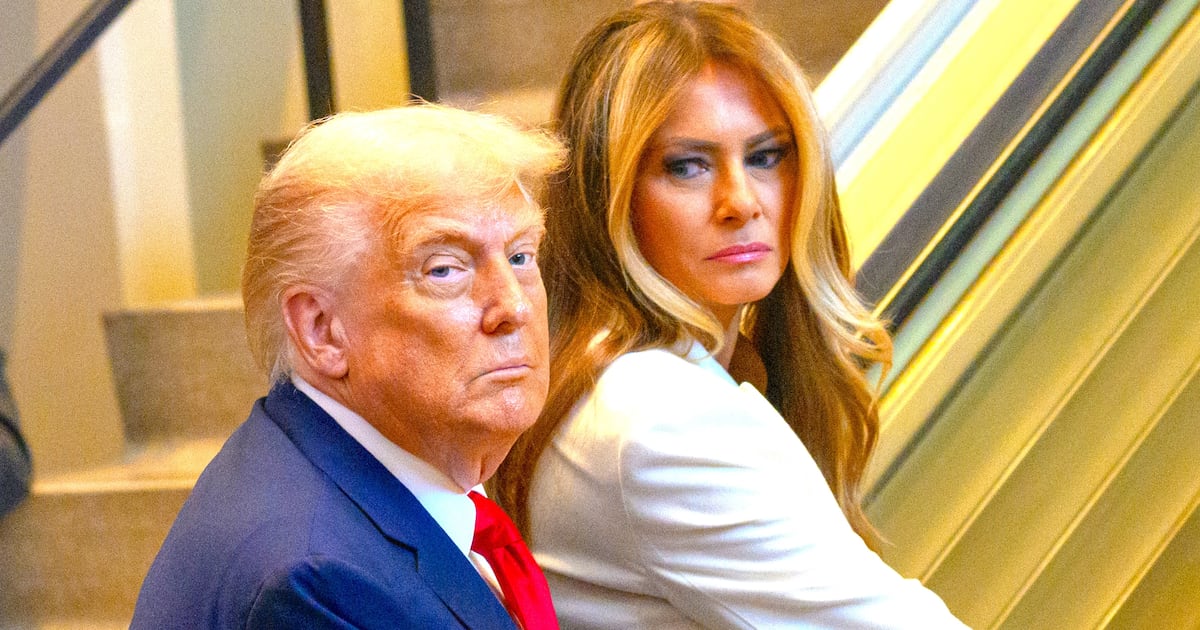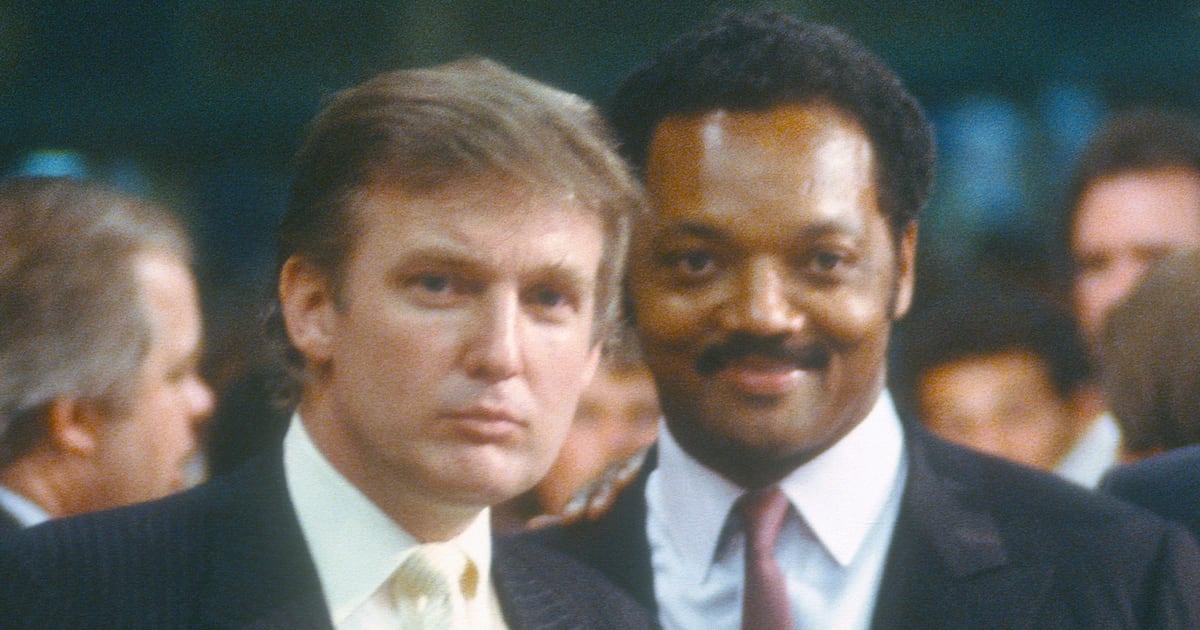Every four years, CSPAN plays an unintentional, cruel trick on the journalists gathered to cover the conventions. Throughout the utterly unspontaneous, thoroughly programed rituals we attend, it runs films and kinescopes of tumultuous conventions past.
We can watch House Speaker Sam Rayburn, the Democratic chair in 1956, survey the forest of standards waving for recognition at the close of the second ballot to pick a vice president. (Presidential nominee Adlai Stevenson had asked the delegates to choose).) Sen. John Kennedy was a handful of delegates shy of winning, but Rayburn—fearing that a Catholic would doom Democrats across the South—called on the Tennessee delegation, which changed its votes from favorite son Sen. Al Gore Sr., to his fellow Tennessee senator Estes Kefauver. A few moments later, the nomination was his.
We can watch New York Gov. Nelson Rockefeller in 1964 urge a platform plank condemning extremism, as the San Francisco Cow Palace, full of Goldwater partisans, boo him mercilessly; and he pauses and says to them grimly, “how hard it is to face the Truth!”
We can watch security guards in Chicago, in the chaos of the 1968 convention, manhandle CBS’s Dan Rather off the floor, and hear Connecticut Sen. Abe Ribicoff declaim, “with George McGovern as president, we wouldn’t have to have Gestapo tactics in the streets of Chicago!”—as Chicago Mayor Richard Daley shouts up to the podium what may or may not have been an obscenity.
These, and a stream of other images, help explain why, in a quadrennial rhythm as predictable as the return of swallows to Capistrano, news analyses, columns, and TV talking heads declare, “This could be the year of the brokered convention!” This cycle, which has, at least in the Republican camp, thus far taken so unfamiliar a shape, has heard the cries of “brokered convention!” resound louder than ever.
I have no idea whether the din will subside once voters actually begin voting. History says the campaign will begin to resemble those of recent campaigns past, but I don’t think the “laws” of politics are as reliable as, say, the law of gravity. My goal here is not to predict, but to explain why the lure of a brokered convention is so powerful; why those of us who came to political maturity too late to witness one regard its possibility with the intensity of a Chicago Cubs fan longing for a World Series triumph.
The explanation is, I think, simple: For a generation of political enthusiasts—professional and citizen alike—the spectacle of open, contentious, unpredictable conventions are burned onto our memories. And so is the frustration of coming to the political arena just as the importance and drama of the conventions withered before our eyes.
Imagine a boy or girl of, say 10 years old, first becoming aware of the political world. (If that seems premature, most of the political junkies I know reached “political puberty” a few years before biological puberty kicked in.) Those children who are now somewhere between 45 and 75 would have witnessed at lest one memorable convention. Bill Clinton remembers sitting “transfixed” in front of the TV watching the 1956 conventions. My baptism came four years earlier, when my mother seized the one radio in my grandfather’s country cottage—we had no TV—to listen to the Pier Six brawl conducted by the Republicans and the three-ballot battle it took for the Democrats to choose Adlai Stevenson.
But you don’t have to have a Medicare card to remember contentious conventions. For 28 years—from 1952 until 1980, at least one of the two party gatherings provided a gratifying struggle over power (and sometimes principles).
1952—Ike’s Eastern liberal internationalist allies vanquish conservative icon Robert Taft, as Sen. Dirksen berates the last standard-bearer. “We followed you before and you took us down the road to defeat!” he bellows at Tom Dewey, the GOP’s 1948 nominee.
1956—The last multi-ballot convention sees Kefauver snatch the vice presidential nod from John Kennedy.
1960—John Kennedy wins a first-ballot victory only when the last state—Wyoming—gives him a majority.
1964—Republican conservatives finally nominate a champion of their own in Barry Goldwater, as liberal Republicans walk out. On the Democratic side, a fight over the all-white Mississippi delegation presages the racial divisions of the coming years.
1968—Chicago. Daley. McCarthy. Humphrey. Enough said.
1972—Opponents of Sen. McGovern stage a floor fight in an attempt to nullify California’s “winner take all” primary. They lose, and as an act of retribution for 1968, Chicago Mayor Richard Daley’s Illinois delegation is unseated.
1976—In the last genuinely contested convention, President Ford and Ronald Reagan battle over a handful of delegates that will decide the outcome. An attempt by Reagan to force Ford into announcing his running mate before the presidential balloting narrowly fails; but in the hearts of true political junkies, that rejected rule—“Rule 16(c)”— attains immortality.
1980—Although the outcome of the Democratic contest is assured—President Carter has the delegates to turn back Ted Kennedy—the convention delivers a floor fight or two, as well as the spectacle of Jimmy Carter stalking Kennedy around the podium in a failed attempt to inveigle Kennedy into the “arms aloft” image of party unity. On the Republican side, there’s a day’s worth of rumors and speculation about ex-President Ford becoming Reagan’s running mate, before Reagan makes a surprise appearance in the hall to announce that George H.W. Bush is his choice.
What has followed is eight consecutive cycles where almost nothing of drama has transpired. Looking back over 35 years, the most significant event I can think of was Barack Obama’s 2004 convention speech, which put the obscure state senator on a path to the White House four years later.
Other than that, what we’ve been privileged to witness is a spectacle stripped of just about every possible prospect of surprise. A generation’s worth of conventions where an actor’s monologue with an empty chair counts as a major highlight is not what a generation’s worth of operatives and journalists signed up for. To offer just one measure of what has happened: When ABC’s Sam Donaldson got hold of the Nixon campaign’s minute-by-minute schedule for the 1972, it was something of a minor scandal. A dozen years later, campaign operatives were visiting the networks every day to offer their minute-by-minute schedule.
Yes, there are good reasons why conventions have become infomercials; the shift of power to the primaries has stripped them of their original purpose. Moreover, with party officials and officeholders no longer controlling armies of delegates, the whole idea of a “brokered” convention runs up against the reality that there are no brokers, at least not any more.
The Ford-Reagan battle in 1976 and, to a lesser extent, the Carter-Kennedy contest in 1980 were contested conventions; so would a multi-ballot floor fight in Cleveland next summer among the surviving two or three candidates. If party elders were to meet behind closed doors and deliver the nomination to, say, House Speaker Paul Ryan, that would qualify as a “brokered” outcome—though who the brokers would be, and whether GOP convention rules would permit it, are questions as of now unanswerable.
Still, there are enough of us with fading memories of conventions past, and others who have seen the black-and-white film clips and videotapes, to make the lure of a brokered, or contested, or open, or disputatious convention a powerful yearning.
And you don’t even have to be of a certain age to feel such longings. After all, think of how many Chicagoans yearn for a World Series flag to fly at Wrigley; a Chicago Cubs fan who was 10 years old when they last won the Series would now be 125 years old. Well, there are plenty of journalists little more than half my age who have lingered in their hotel rooms during conventions, watched the tempestuous battles of the past on their TV sets, and prepared for another night of the relentlessly predictable feeling: “Please, let me witness just one convention where we actually do not know what’s going to happen.”






